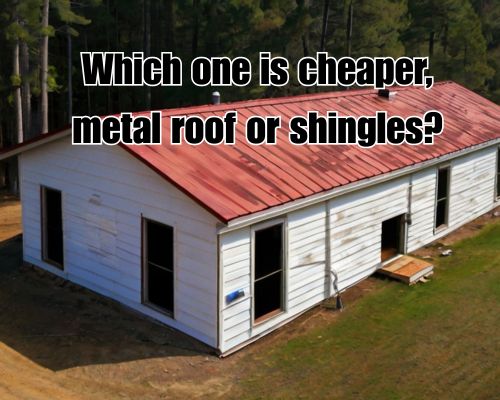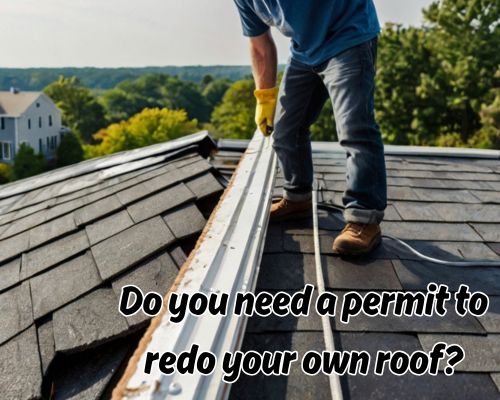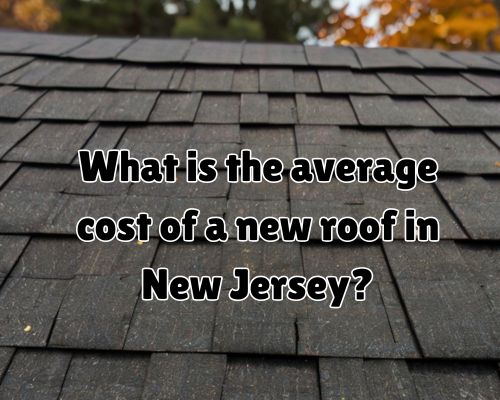Beyond “Likes”: Crafting a Magnetic Dating Profile in London Beyond “Likes”: Crafting a Magnetic Dating Profile in London
In the sprawling, vibrant tapestry of London’s dating scene, where millions are seeking connection, simply stating “I love music” on your dating profile is the equivalent of a whisper in a hurricane. To truly stand out and spark genuine interest, especially when navigating the intricate dance of modern relationships, specificity is your superpower. Forget vague generalities; the goal is to paint a vivid, compelling picture of who you are, intriguing potential partners and paving the way for deeper conversations according to https://www.monkeskateclothing.com/.
Think of your dating profile as your personal billboard in the heart of the city – you have limited space and time to capture attention. Instead of a generic declaration, delve into the rich details that truly define your passions. For instance, rather than a broad “I love music,” imagine the magnetic pull of “Currently obsessed with London’s vibrant underground jazz scene.” This isn’t just a statement; it’s an invitation. It immediately conjures images of dimly lit Soho clubs, soulful saxophone solos, and late-night intellectual conversations according to https://postmaniac.com/
This level of detail instantly differentiates you from the masses. It makes you a person with unique tastes and experiences, not just another face in the crowd. The beauty of such specificity lies in its power to open doors to meaningful dialogue. A potential match reading about your jazz obsession might wonder: “Which jazz clubs do you frequent? Have you stumbled upon any hidden gems? Any unforgettable gigs that left you speechless?” These aren’t just polite inquiries; they are the bedrock of shared interests and the first steps towards a genuine connection.
This principle extends far beyond music. If you enjoy reading, don’t just say “I love books.” Instead, try “Currently lost in a historical fiction novel set during the Blitz, or exploring the quirky independent bookstores around Charing Cross Road.” For foodies, move past “I like trying new restaurants” to “On a quest to find London’s best vegan street food, or a connoisseur of authentic ramen in Shoreditch.” These details aren’t just informative; they’re evocative, painting a picture of your life and inviting someone to imagine themselves in it.
The challenge, and the art, lies in being specific yet brief. You’re not writing an autobiography. Each detail should be a carefully chosen brushstroke, adding to the overall portrait without overwhelming the canvas. The aim is to pique curiosity, not to provide an exhaustive list. A well-crafted, specific statement acts as a hook, enticing someone to learn more about the fascinating individual behind the profile.
Ultimately, enhancing your dating profile and navigating the complexities of relationships in a bustling city like London involves more than just listing hobbies. It’s about embracing the unique passions that define you and showcasing them in a way that is both authentic and engaging. By being clear, concise, and incredibly specific about what truly excites you, you’re not just creating a profile; you’re crafting an irresistible narrative that invites genuine connection and sparks the kind of conversations that can lead to truly meaningful relationships.


